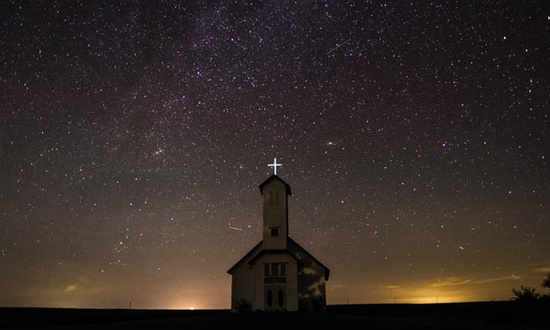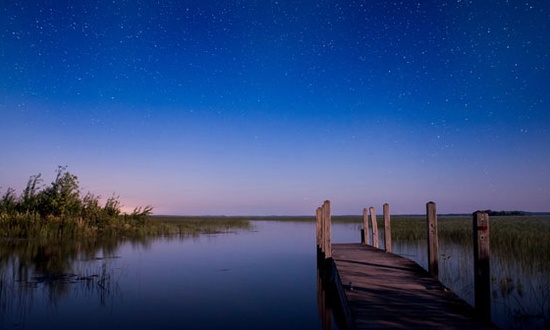We judge someone’s greatness by the size of the obstacles he overcomes. Climbing Mount Everest brings glory to the climber and testifies to his greatness precisely because of the mountain’s enormity. An athlete who pole-vaults ten feet does nothing amazing. But one who pole-vaults twenty feet makes history. People still celebrate the U.S. hockey team’s “miracle on ice” in 1980 because of the greatness of their Soviet opponent.
So it is with the drama of redemption. Sin and death, the Fall and the Curse, Satan and his demons, the Hell we deserve—what powerful obstacles for God to overcome. But the biggest obstacle was the satisfaction of His own holiness. For God to demonstrate His greatness, He had to overcome all these obstacles.
The greater the obstacles, the greater the glory to God.
We see something remarkable about a person who can bring some good out of bad. But most remarkable is to bring something incredibly good out of something desperately bad. To redeem what appears irredeemable magnifies the greatness of the Redeemer. If the universe exists to demonstrate God’s infinite greatness, then shouldn’t we expect God to scale the highest redemptive mountain? The problems of death, evil, and suffering must be vast in order for God to show His far superior greatness.
Every time we ask God to remove some obstacle in our lives, we should realize we may be asking Him to forgo one more opportunity to declare His greatness. Certainly He sometimes graciously answers our prayers to relieve our suffering. This too testifies to His greatness, and we should praise Him for answering. But when He answers no, we should recognize that He desires to demonstrate His greater glory. May we then bend our knees and trust His sovereign grace.
For more related to the subject of suffering, see Randy’s book If God Is Good, as well as the devotional 90 Days of God’s Goodness and book The Goodness of God (a specially focused condensation of If God Is Good, which also includes additional material).
Photo by Christopher Burns on Unsplash




